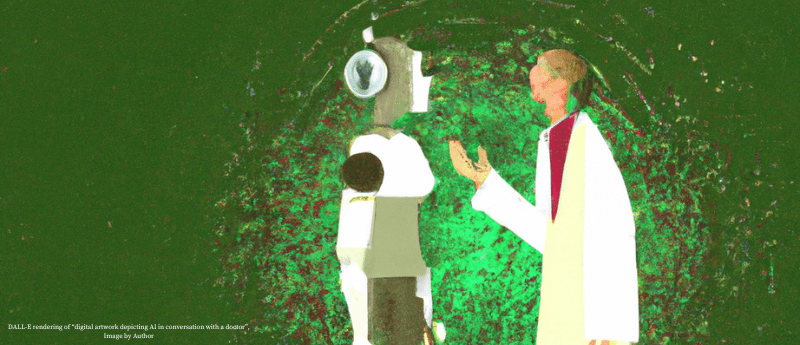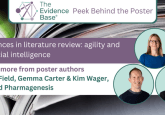A ‘heuristic vision’ of the next generation of evidence-based medicine

New article published this week in Nature Medicine provides an insightful perspective into the future of evidence-based medicine and clinical trials.
Inspired by recent advances in artificial intelligence and other technologies, the author, Dr Vivek Subbiah from University of Texas MD Anderson Cancer Center, guides readers through his visions for the improvements needed in clinical trial design, clinical trial conduct and evidence generation.
Building on the lessons learned from the COVID-19 pandemic, where researchers had to re-evaluate how clinical trials were carried out, Subbiah calls for this momentum to continue to ensure patient-centricity remains at the core of all clinical research. Subbiah also expounds the increasing use of real-world data and evidence (RWD/RWE) in post-marketing safety monitoring and health technology assessment, aided by new technologies such as machine learning, deep neural networks and multimodal biomedical artificial intelligence that extract, collate and mine information to provide ‘deep synthesis’ of vast amounts of data.
“Current paradigms must be continuously challenged by emerging technology and by all stakeholders (the new generations of scientists, physicians, the pharma industry, regulatory authorities and, most importantly, patients)”, explains Subbish “The healthcare system should be integrated into an intuitive RWE-generation system, with clinical research and clinical care going hand in hand”.
In concluding the perspective, Subbiah continues his vision on the subject that:
“every major disease needs a ‘Moonshot’ program and every rare disease should have an ‘Operation Warp Speed’—both with clearly identified, sustainable goals to improve population health and address equity, diversity and global access to therapies.”
Want regular updates on the latest real-world evidence news straight to your inbox? Become a member on The Evidence Base® today>>>






